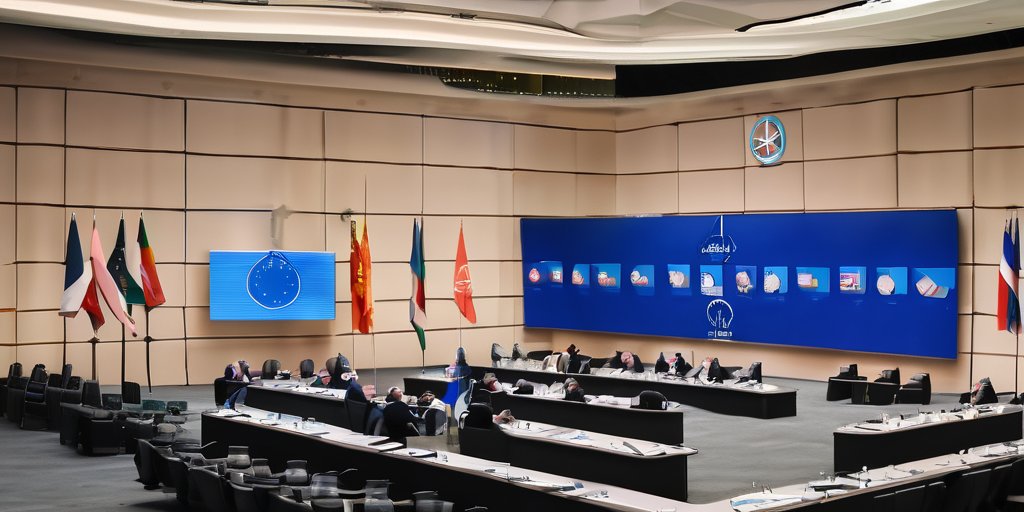As the world watches apprehensively following the U.S. attacks on Iran’s nuclear sites, President Donald Trump prepares to attend his first NATO summit since his re-election, in the Netherlands. This pivotal meeting comes at a time when relationships between the U.S. and its European allies are under strain, particularly over defense spending commitments that Trump has mandated.
NATO Secretary General Mark Rutte has strategically organized this meeting around Trump’s preferences, focusing on substantial increases in defense budgets to appease concerns about U.S. involvement in international security. With European leaders eager to showcase their commitment, the hope is to prevent any further military withdrawal by the U.S. from the continent.
Trump’s demanding nature and previous criticism of NATO allies perceived as ‘freeloaders’ put pressure on European leaders to demonstrate responsibility. With tensions escalating in the Middle East, one diplomatic source remarked how the prospect of Trump skipping this summit could have disastrous implications amid growing scrutiny from Russia and China.
While the summit aims for a significant commitment of 5% of GDP toward defense spending by European nations, tensions linger as some countries, notably Spain, negotiate opt-outs from these agreements. Although Spain’s claims were later denied by Secretary General Rutte, it indicates the delicate balance of maintaining unity among NATO members while adapting to U.S. demands.
Moreover, analysts have raised concerns over Trump’s ambiguous stance on Russia. Key questions remain whether the U.S. will endorse a summit declaration naming Russia as NATO’s primary threat, in light of Trump’s historical leniency toward Moscow, which has sown distrust among European allies.
Experts argue that while the necessity for more robust defense spending is clear, the challenges of financing these increases loom large. Governments may face tough choices between welfare and military budgets, with calls for a seven to ten-year timeline to meet the 5% target.
This summit could symbolize a watershed moment for NATO’s future, where the alliance potentially equates European defense spending with that of the U.S., thereby initiating a more autonomous approach to security. As Trump’s ambassador to NATO emphasizes the momentous potential of this summit, it remains to be seen whether substantive commitments will materialize amid the unpredictable nature of Trump’s presidency. This NATO summit stands to be a critical juncture, not merely in defense spending policy but in shaping future transatlantic relationships.
